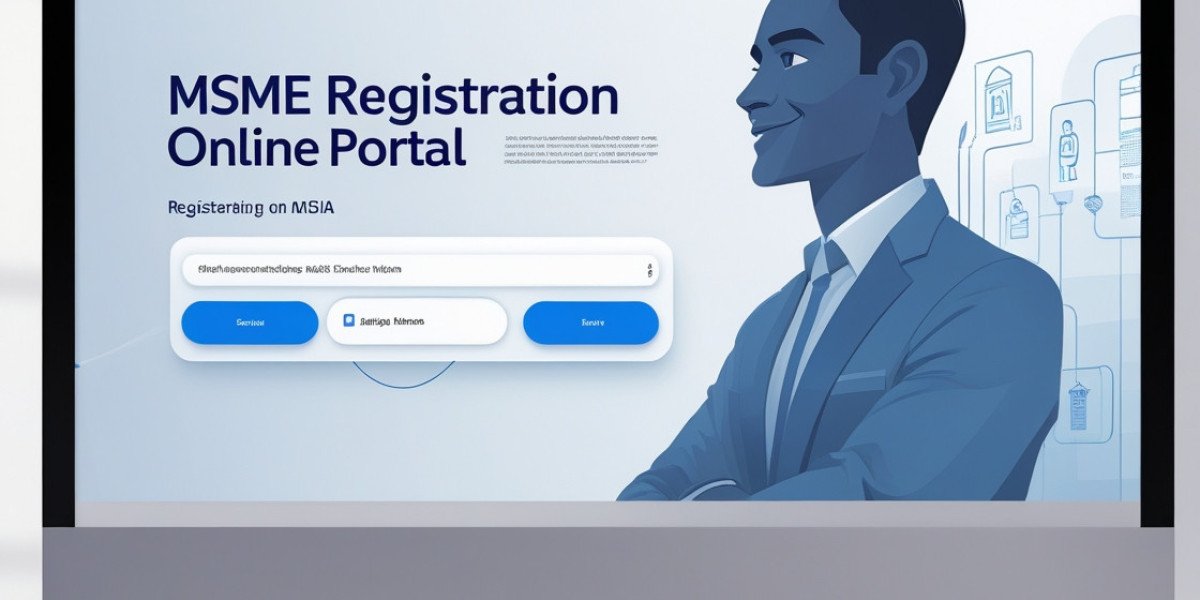Introduction
Civil engineering is a crucial field responsible for designing, constructing, and maintaining infrastructure that supports modern society. From roads and bridges to water treatment plants and urban planning, civil engineers play a pivotal role in shaping the built environment. Civil engineering consultants provide specialized expertise in planning, designing, and executing projects efficiently. This article explores the roles, services, and benefits of hiring civil engineering consultants, along with insights into their impact on infrastructure development.
What Are Civil Engineering Consultants?
A Civil engineering consultants are professionals or firms that offer expert advice, design solutions, and project management services in the field of civil engineering. They work with governments, private companies, and developers to ensure that infrastructure projects meet regulatory standards, environmental considerations, and technical requirements.
Key Roles of Civil Engineering Consultants
1. Project Planning and Feasibility Studies
Before construction begins, consultants conduct feasibility studies to assess whether a project is viable. This includes:
Site Analysis: Evaluating soil conditions, environmental impact, and land use.
Cost Estimation: Determining the overall budget and financial feasibility.
Risk Assessment: Identifying potential project challenges and solutions.
2. Infrastructure Design and Development
Consultants create detailed designs for various civil engineering projects, ensuring compliance with safety standards and industry regulations. Some of the key areas include:
Transportation Engineering: Designing roads, highways, and bridges for optimal traffic flow and safety.
Structural Engineering: Developing strong and durable buildings, tunnels, and dams.
Water Resources Engineering: Planning efficient water supply, drainage, and flood control systems.
3. Regulatory Compliance and Environmental Impact Assessments
Civil engineering consultants ensure that projects comply with local, state, and federal regulations. They also conduct environmental impact assessments to minimize ecological disruption and promote sustainable construction.
4. Project Management and Construction Supervision
Consultants oversee construction projects to ensure they adhere to approved designs, budgets, and timelines. Their responsibilities include:
Quality Control: Monitoring materials and workmanship.
Contract Administration: Managing contracts between stakeholders.
Safety Regulations: Ensuring all construction activities meet safety guidelines.
Services Offered by Civil Engineering Consultants
1. Site Development and Land Planning
Consultants analyze land use, zoning laws, and soil conditions to plan efficient site development strategies.
2. Structural Analysis and Design
They provide solutions for constructing durable and safe buildings, bridges, and other structures using advanced engineering principles.
3. Transportation and Traffic Engineering
Consultants design road networks, parking facilities, and public transit systems to improve mobility and reduce congestion.
4. Water and Wastewater Management
They develop systems for clean water supply, sewage treatment, stormwater drainage, and flood control to enhance urban resilience.
5. Geotechnical and Soil Engineering
Assessing soil stability is essential for construction projects, ensuring that foundations and structures are secure.
6. Sustainability and Green Building Solutions
With a growing focus on sustainability, civil engineering consultants implement energy-efficient and eco-friendly designs to minimize environmental impact.
Importance of Hiring Civil Engineering Consultants
1. Expertise and Technical Knowledge
Civil engineering consultants bring specialized skills and extensive experience, ensuring high-quality solutions for complex projects.
2. Cost-Effective Solutions
By conducting feasibility studies and optimizing designs, consultants help prevent costly errors and reduce project expenses.
3. Time Efficiency and Risk Mitigation
With proper planning and project management, consultants ensure that construction stays on schedule and that risks are minimized.
4. Regulatory Compliance and Legal Support
Understanding local laws and environmental regulations is crucial. Consultants help navigate legal requirements to ensure smooth project approvals.
5. Innovation and Sustainable Practices
From smart cities to green infrastructure, consultants integrate the latest technologies and sustainable solutions into modern engineering projects.
Challenges Faced by Civil Engineering Consultants
1. Regulatory Changes and Compliance Issues
Keeping up with evolving regulations and environmental laws requires continuous learning and adaptation.
2. Budget Constraints and Project Delays
Unexpected costs and delays can impact project timelines, requiring consultants to develop flexible and cost-effective strategies.
3. Technological Advancements and Adaptation
The rapid evolution of engineering software, AI, and automation demands ongoing training and investment in new technologies.
Future Trends in Civil Engineering Consulting
1. Smart Infrastructure and IoT Integration
The use of smart sensors and IoT in infrastructure is revolutionizing how civil engineering projects are monitored and managed.
2. Sustainable and Green Construction Methods
With increasing environmental concerns, the industry is shifting toward carbon-neutral construction materials and energy-efficient designs.
3. AI and Big Data in Engineering
Predictive analytics and AI-driven design tools are optimizing project efficiency and reducing waste.
Conclusion
Civil engineering consultants play a vital role in shaping the infrastructure that supports modern life. Their expertise in planning, design, and project management ensures that developments are safe, efficient, and sustainable. Whether working on transportation networks, water management systems, or urban planning, civil engineering consultants are essential partners in building a better future.
By hiring experienced consultants, project owners can achieve cost-effective, high-quality, and compliant engineering solutions that drive long-term success.









